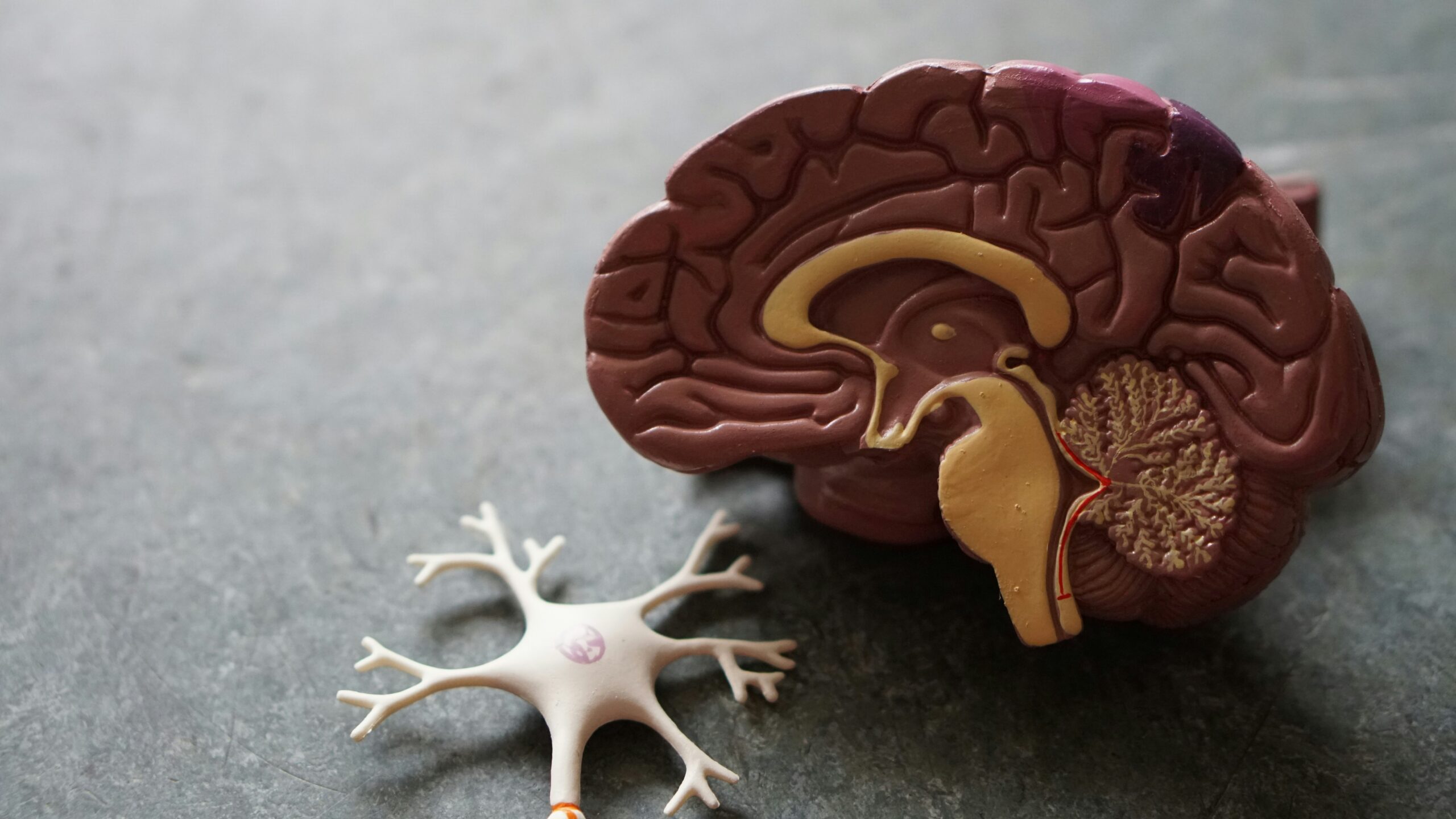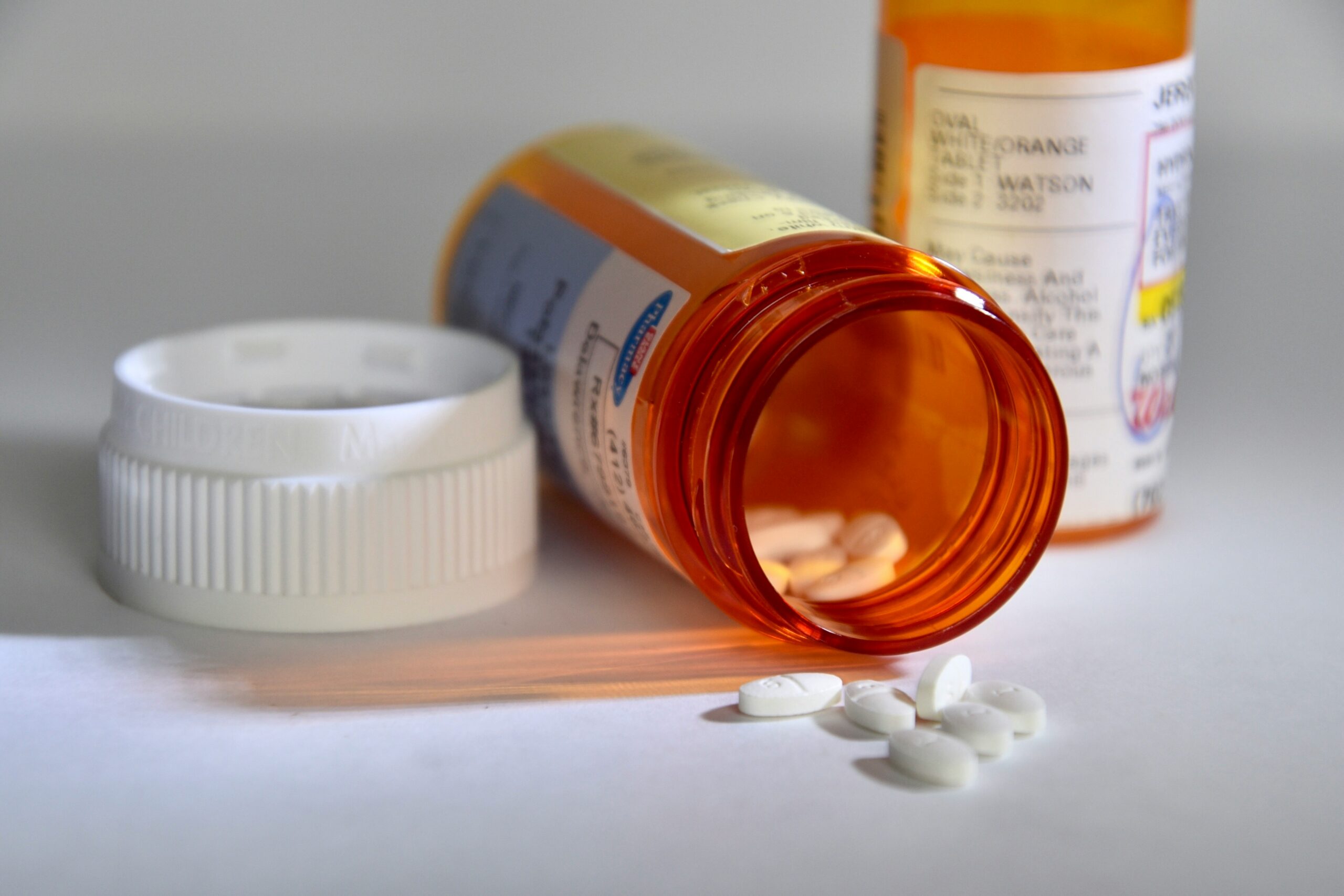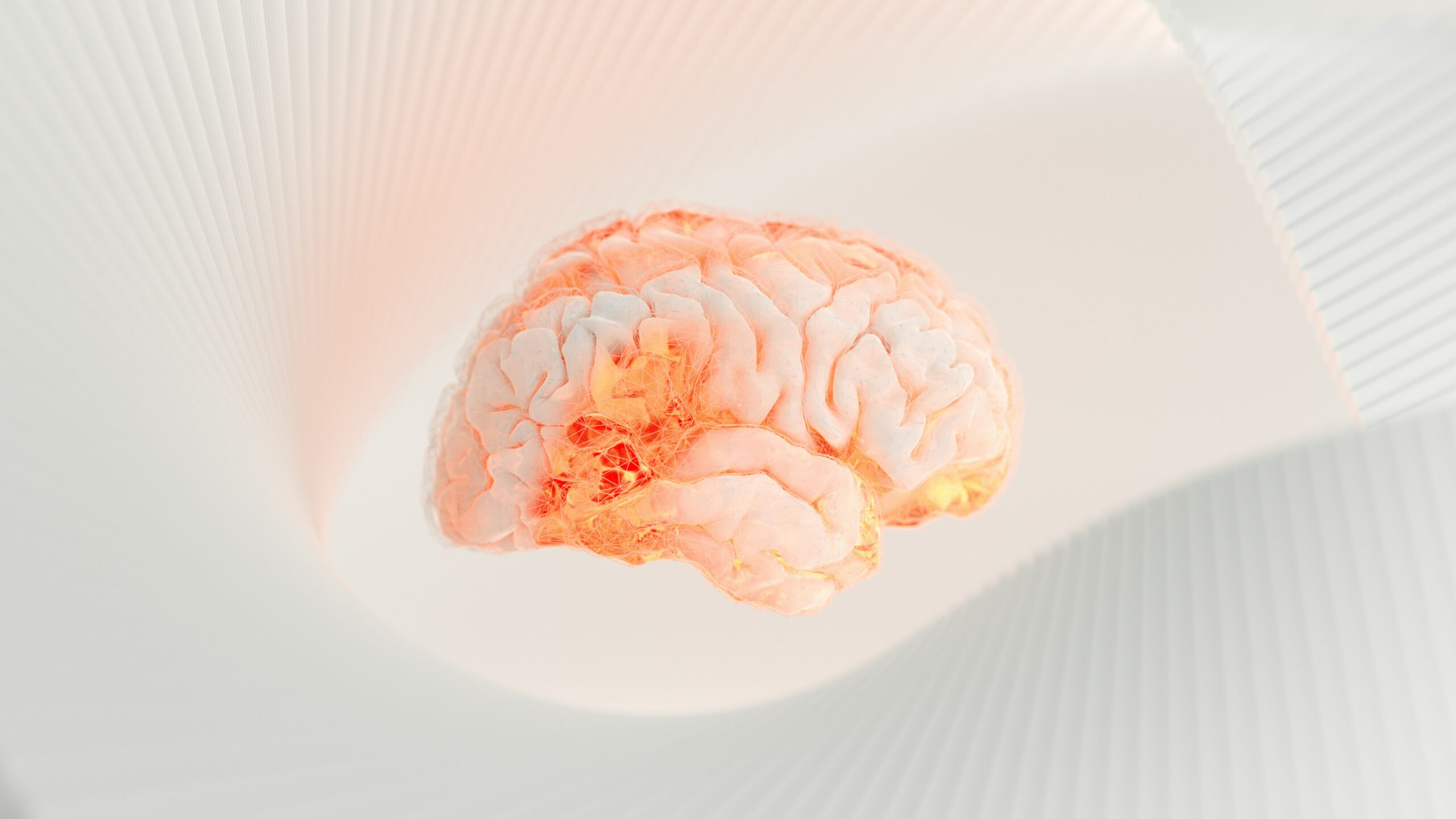Serotonin syndrome is a drug syndrome associated with serotonin toxicity. The condition is potentially life-threatening and can produce clinical symptoms of varying intensity depending on the dose. Serotonin syndrome occurs when serotonergic activity in the central and peripheral nervous systems is increased following drug intake. Some drug combinations are more dangerous, increasing the risk of serotonin syndromes.
This potentially fatal drug reaction is often overlooked by patients or not correctly diagnosed by doctors. The incidence of serotonin syndrome is growing due to the more frequent use of serotonergic drugs in clinical practice. Serotonin syndrome is a relatively rare condition that cannot be easily picked up in follow-up examinations, so the exact incidence is not fully known.

The primary cause of serotonin syndrome is excess serotonin in the brain. When serotonin receptors are over-stimulated by this substance, SS can occur. Several possible mechanisms are responsible for the drug reaction. The variety of these processes depends on the type of drugs taken. The exact pathophysiological mechanism is also challenging to elucidate due to the diversity of serotonin receptor subtypes.
The most common causes of SS include polypharmacy, serotonin reuptake inhibition, or reduced serotonin metabolism. In addition, researchers also cite increased serotonin synthesis, increased serotonin release, and serotonergic receptor activation as causes. Different types of drugs can activate these mechanisms of serotonin toxicity![]() . Some combinations of medicines can cause more dangerous effects. Medications that can cause SS include:
. Some combinations of medicines can cause more dangerous effects. Medications that can cause SS include:
Psychostimulants can lead to an adverse drug reaction, which is also associated with drug dependence. These include, but are not limited to, a*********e![]() , which may be a component of the drug. A*********e is a powerful psychostimulant used in the treatment of certain diseases. Another substance that can cause SS is phentermine
, which may be a component of the drug. A*********e is a powerful psychostimulant used in the treatment of certain diseases. Another substance that can cause SS is phentermine![]() , which exhibits sympathomimetic effects. Drugs based on this substance stimulate the secretion of norepinephrine in the hypothalamus. Psychoactive substances (MDMA), which have a stimulant effect on the nervous system, may also cause an adverse reaction.
, which exhibits sympathomimetic effects. Drugs based on this substance stimulate the secretion of norepinephrine in the hypothalamus. Psychoactive substances (MDMA), which have a stimulant effect on the nervous system, may also cause an adverse reaction.
Various types of drugs prescribed for depression can cause an adverse drug reaction. Antidepressants are drugs that have a substantial effect on the nervous system by balancing brain neurotransmitter levels. This includes serotonin inhibitors![]() . SNRIs and SSRIs are other drugs that can affect excess serotonin in the body. The most toxic antidepressants are TCAs. MAO-type drugs can also be potentially dangerous. Inhibitor drugs used to treat depression raise serotonin levels by blocking the breakdown of the MAO compound in the brain. Combinations of MAO drugs with SSRIs or SNRIs pose a particular risk of SS. In such cases, there is a risk of a fatal reaction to the drugs. The toxicity of antidepressants may also be dose-dependent.
. SNRIs and SSRIs are other drugs that can affect excess serotonin in the body. The most toxic antidepressants are TCAs. MAO-type drugs can also be potentially dangerous. Inhibitor drugs used to treat depression raise serotonin levels by blocking the breakdown of the MAO compound in the brain. Combinations of MAO drugs with SSRIs or SNRIs pose a particular risk of SS. In such cases, there is a risk of a fatal reaction to the drugs. The toxicity of antidepressants may also be dose-dependent.

Another group of drugs causing SS includes opioids. Opioids are potent analgesics prescribed to relieve moderate to severe pain. Your doctor may prescribe opioids when other medicines do not help alleviate your discomfort or may affect your cancer treatment. Opioids are potent drugs that can be addictive and cause numerous side effects. These types of drugs are also associated with severe SS, as combinations of phenylpiperidine opioids![]() with MAO drugs can cause a fatal drug reaction.
with MAO drugs can cause a fatal drug reaction.
Drug use is hazardous to health for many reasons, one of which is the possibility of serotonin syndrome. Hallucinogens, which include LSD![]() , can also be a cause. LSD is a serotonin receptor agonist, and the effects of its use can be unpredictable and extreme. Despite its relatively low toxicity, the hallucinogen has many side effects and can even lead to death.
, can also be a cause. LSD is a serotonin receptor agonist, and the effects of its use can be unpredictable and extreme. Despite its relatively low toxicity, the hallucinogen has many side effects and can even lead to death.
Drugs used to stabilize mood can also pose a risk of SS. These include lithium![]() and lithium-based drugs. Lithium plays a vital role in mental health, being a key ingredient in some psychotropic drugs. As a mood stabilizer, it is particularly effective in the treatment of bipolar disorder. This may suggest that adequate concentrations of lithium may have beneficial effects on mental health. However, lithium can cause an adverse drug reaction in some cases. In addition, anti-anxiety drugs such as b*******e can trigger SS.
and lithium-based drugs. Lithium plays a vital role in mental health, being a key ingredient in some psychotropic drugs. As a mood stabilizer, it is particularly effective in the treatment of bipolar disorder. This may suggest that adequate concentrations of lithium may have beneficial effects on mental health. However, lithium can cause an adverse drug reaction in some cases. In addition, anti-anxiety drugs such as b*******e can trigger SS.
Even supplements can pose a risk of serotonin syndrome. The risk concerns L-tryptophan![]() , which is one of the essential amino acids. Tryptophan is a substance found in food, but it can also be taken as a supplement. The amino acid is critical to the regular nervous system, maintaining intestinal homeostasis and immune function. Among other things, it is responsible for mood maintenance and resistance to stress. Neurotransmitters formed from tryptophan are involved in many processes. However, the intake of L-tryptophan can trigger an abnormal response in the body.
, which is one of the essential amino acids. Tryptophan is a substance found in food, but it can also be taken as a supplement. The amino acid is critical to the regular nervous system, maintaining intestinal homeostasis and immune function. Among other things, it is responsible for mood maintenance and resistance to stress. Neurotransmitters formed from tryptophan are involved in many processes. However, the intake of L-tryptophan can trigger an abnormal response in the body.

Cough suppressants are a group of drugs used to treat coughs. They apply to various diseases that cause a dry and agonizing cough. Among others, the drugs can be administered during bronchial and pulmonary diseases. Dextromethorphan![]() has an antitussive effect and inhibits the cough reflex by acting directly on the central nervous system. The drug can also induce serotonin syndrome.
has an antitussive effect and inhibits the cough reflex by acting directly on the central nervous system. The drug can also induce serotonin syndrome.
Serotonin syndrome can have a mild, moderate, or severe course. There is the possibility of death due to a toxic serotonin reaction. Mild symptoms, on the other hand, are difficult to identify because they are not very characteristic. Symptoms of the syndrome appear within 24 hours![]() of ingesting the substance causing the reaction. When drugs are administered gradually, the serotonin reaction time may be longer, with symptoms appearing later. Hunter's serotonin toxicity criteria dividing symptoms into a triad are commonly used to diagnose this disease. The symptoms of SS can be divided into the following three categories:
of ingesting the substance causing the reaction. When drugs are administered gradually, the serotonin reaction time may be longer, with symptoms appearing later. Hunter's serotonin toxicity criteria dividing symptoms into a triad are commonly used to diagnose this disease. The symptoms of SS can be divided into the following three categories:
This group of symptoms refers to neuromuscular overactivity. Serotonin syndrome affects areas involved in motor tension, resulting in specific symptoms:

The muscle stiffness caused by SS leads to reduced motor coordination. In mild cases of the syndrome, hyperactivity results in reduced movement control. In the moderate course of SS, there is clonus![]() , or involuntary and rhythmic muscle contractions caused by permanent damage to descending motor neurons. In the severe course of the disease, the rigidity and muscle tension are very severe and can significantly impede movement.
, or involuntary and rhythmic muscle contractions caused by permanent damage to descending motor neurons. In the severe course of the disease, the rigidity and muscle tension are very severe and can significantly impede movement.
This term refers to increased muscle activity. In the mild course, there is akathisia![]() , which is motor restlessness in the form of excessive and aimless moving of the lower limbs, correcting positions, standing up, and walking. In the moderate course of the syndrome, there may also be involuntary muscle tremors in various body areas.
, which is motor restlessness in the form of excessive and aimless moving of the lower limbs, correcting positions, standing up, and walking. In the moderate course of the syndrome, there may also be involuntary muscle tremors in various body areas.
Hyperreflexia is another symptom of SS, signifying hyperreactive bodily reflexes. Examples of this include twitching and spastic tendencies, which indicate a weakening or loss of control customarily exerted by higher brain centers of lower neural pathways. Hyperreflexia usually occurs in moderate SS, while it may be absent in mild conditions.
Babinski's sign is a reflex caused by stimulation of the sole. It is a typical physiological sign in infants, but in adults, it indicates a pathological condition. A pathological Babinski reflex is found when corticospinal tracts are damaged.
Another group of symptoms of serotonin syndrome indicates overactivity of the autonomic nervous system. Autonomic symptoms can be varied, and their intensity depends on the severity of the course. Symptoms of the autonomic system include:

The effects of serotonin on many cortical and subcortical structures contribute to an impairment of various regulatory functions. As a result, hypertension may develop, which can already be seen in the mild course of the disease. Reduced blood flow in the lungs results in insufficient oxygen supply to the body. Therefore, symptoms of dyspnea![]() may also occur in SS when pulmonary arterial hypertension is present.
may also occur in SS when pulmonary arterial hypertension is present.
Another symptom of serotonin syndrome is tachycardia, i.e., an abnormal heart rhythm. An acceleration of the heart rate above 100 beats per minute can cause anxiety in patients. The autonomic nervous system has an overriding role in regulating cardiovascular homeostasis, and if there is a disturbance in this area, tachycardia and other cardiac symptoms can result. Severe cases of SS can lead to cardiovascular collapse![]() and death.
and death.
In mild conditions, serotonin syndrome can cause fever and low-intensity autonomic symptoms, which may resemble an infection or flu. In moderate to severe cases, hyperthermia, a condition in which the body temperature is very high, may occur. In moderate degrees of SS, this refers to a temperature above 38°C![]() , while in severe cases of SS, the temperature can reach above 40°C
, while in severe cases of SS, the temperature can reach above 40°C![]() . The toxic effects of serotonin affect the autonomic nervous system, disrupting the ability to thermoregulate.
. The toxic effects of serotonin affect the autonomic nervous system, disrupting the ability to thermoregulate.
In the mild stages of serotonin syndrome, nausea is present, which can lead to vomiting. In moderate stages, diaphoresis, or excessive sweating, may also occur. Manifestations of autonomic nervous system dysregulation may be confused with other diseases with similar symptoms.
Diarrhea and chills may occur in mild serotonin syndrome. The uncharacteristic symptoms of a mild drug reaction may be downplayed by the patient or confused with food poisoning or infection.
Serotonin syndrome also affects the mental state, causing various symptoms. The change in mental status can be acute and sudden. Psychiatric symptoms of the condition include:

In mild cases of serotonin syndrome, patients may experience increased anxiety that is not justified. Patients' hypervigilance leads to pressurized speech and an unusual defensive posture. Patients with serotonin syndrome are easily panicked and develop atypical movement disorders.
Serotonin syndrome also causes unusual agitation. Patients are excessively mentally active. Involuntary eye movements may also be observed. Increased agitation can lead to insomnia![]() and other problems. In the moderate course, agitation may be more pronounced, causing irritability in patients. Stimulation can cause a state reminiscent of hypomania.
and other problems. In the moderate course, agitation may be more pronounced, causing irritability in patients. Stimulation can cause a state reminiscent of hypomania.
Another symptom of serotonin syndrome associated with altered mental status is disorientation. This results in the incorrect identification of environmental stimuli. This can lead to increased anxiety. Disorientation can lead to a loss of awareness of where patients are. It also affects the perception of their identity. Patients may go delirious and experience various types of delusions and hallucinations.
In severe states, SS causes seizures and significant mental problems. However, the most severe stage of serotonin syndrome is coma. Complete unconsciousness is a possible reaction to serotonin toxicity. The coma may be mild, in which case we speak of semicoma![]() . Appropriate stimuli can then awaken the patient. However, sometimes, the coma in SS is severe and can lead to death.
. Appropriate stimuli can then awaken the patient. However, sometimes, the coma in SS is severe and can lead to death.
Diagnosis of serotonin syndrome can be difficult as symptoms are varied and may be confused with other conditions. Therefore, a thorough analysis of the clinical picture using diagnostic criteria is essential. Medical staff's ignorance of the symptoms of SS can have harmful effects, as the lack of appropriate treatment leads to an evolution of the body's response and an exacerbation of the syndrome. There is no medical test or examination to diagnose serotonin syndrome. This is why a detailed history and patient observation are so important.

Treatment, on the other hand, primarily involves discontinuation of the serotonergic drug. In addition, supportive care to stabilize vital signs is also critical. This consists of providing intravenous fluids, maintaining oxygen saturation, and monitoring continuous temperature. Other treatments depend on the degree of toxicity.
Pharmacological treatment of serotonin syndrome includes sedation with benzodiazepines![]() or serotonin antagonists
or serotonin antagonists![]() . In severe cases of the syndrome, where muscle paralysis is present, EEG monitoring of the patient is used. Most cases of serotonin toxic reaction usually resolve within 24 to 72 hours. However, complications are also possible and require additional treatment.
. In severe cases of the syndrome, where muscle paralysis is present, EEG monitoring of the patient is used. Most cases of serotonin toxic reaction usually resolve within 24 to 72 hours. However, complications are also possible and require additional treatment.
Serotonin syndrome (SS) is a drug-related syndrome associated with serotonin toxicity. The condition can occur after starting a serotonergic drug in a susceptible person. Symptoms can be divided into three categories: distinguishing mental status symptoms, autonomic symptoms, and musculomotor symptoms. Diagnosis is based solely on history. Different treatments are used depending on the degree of toxicity.